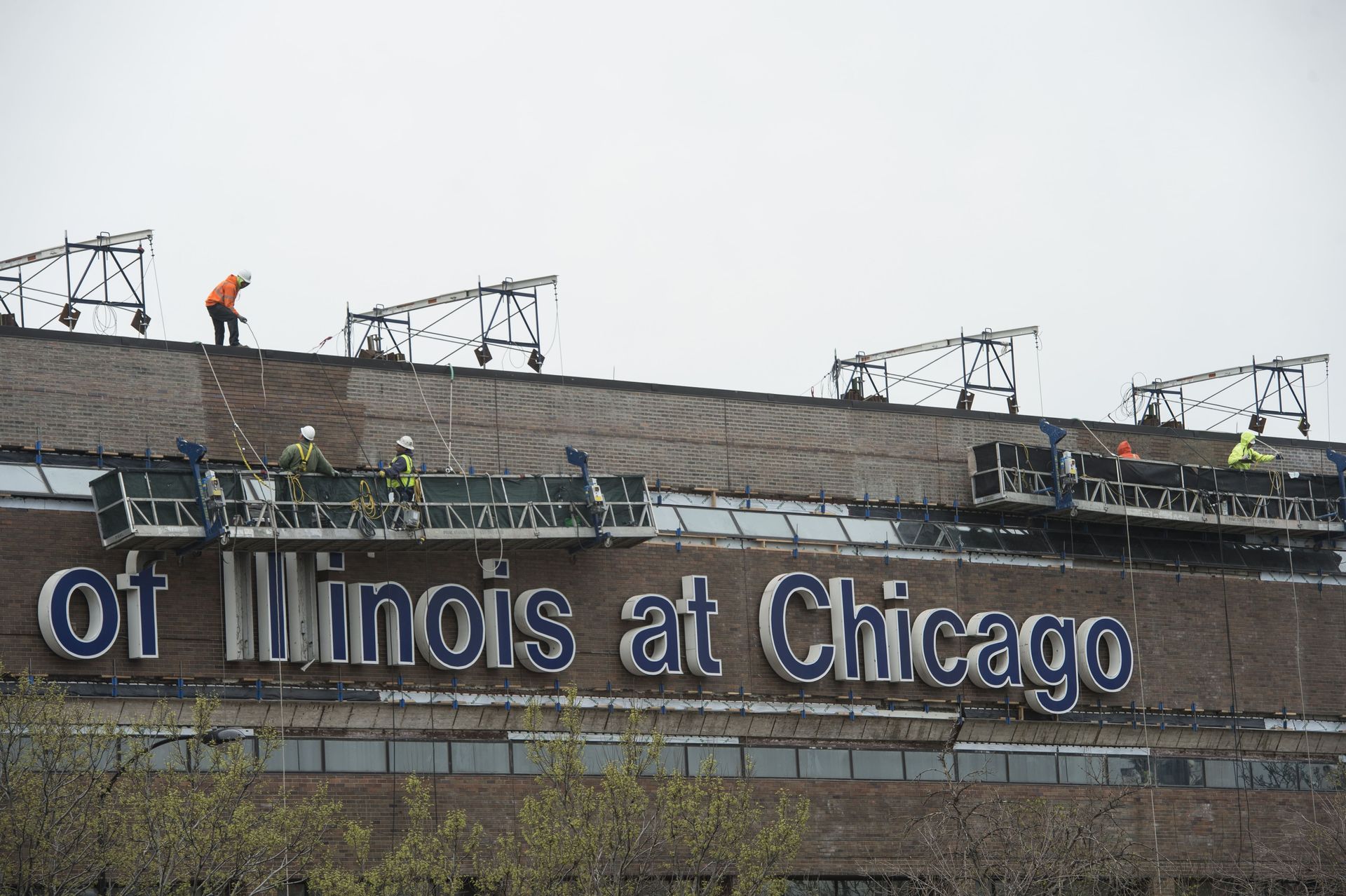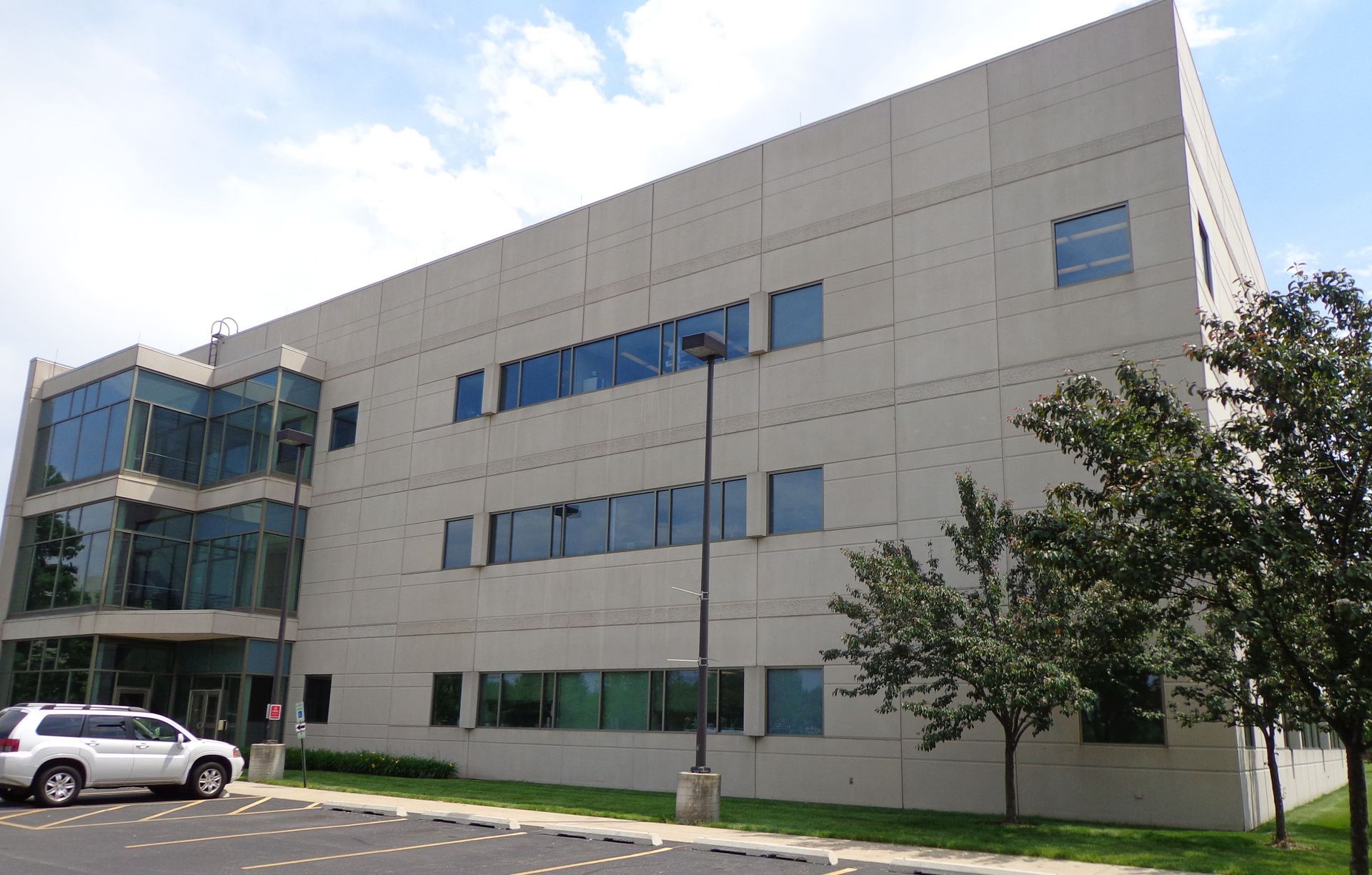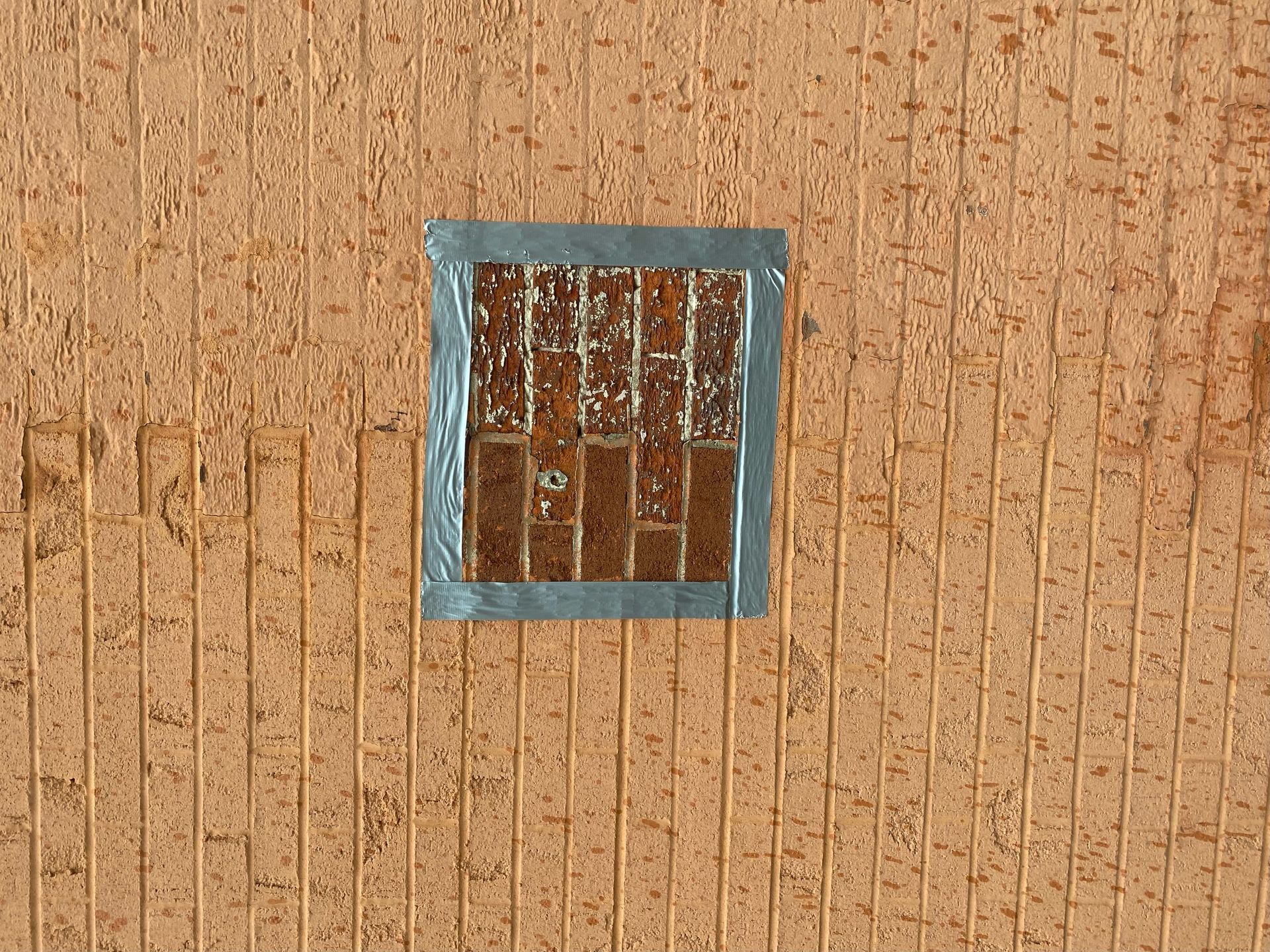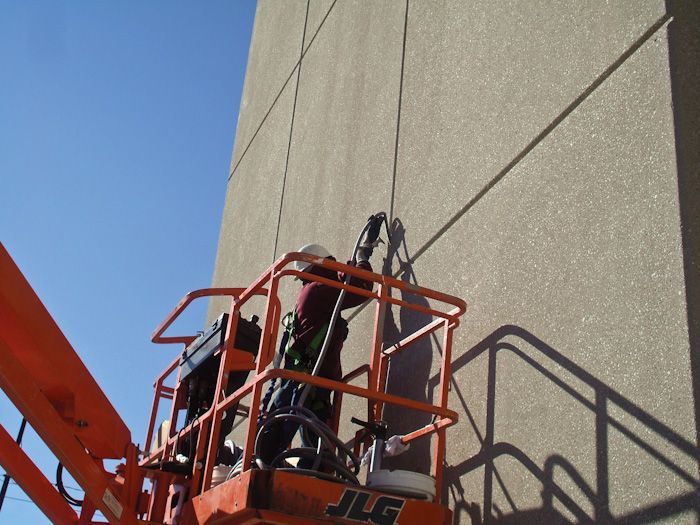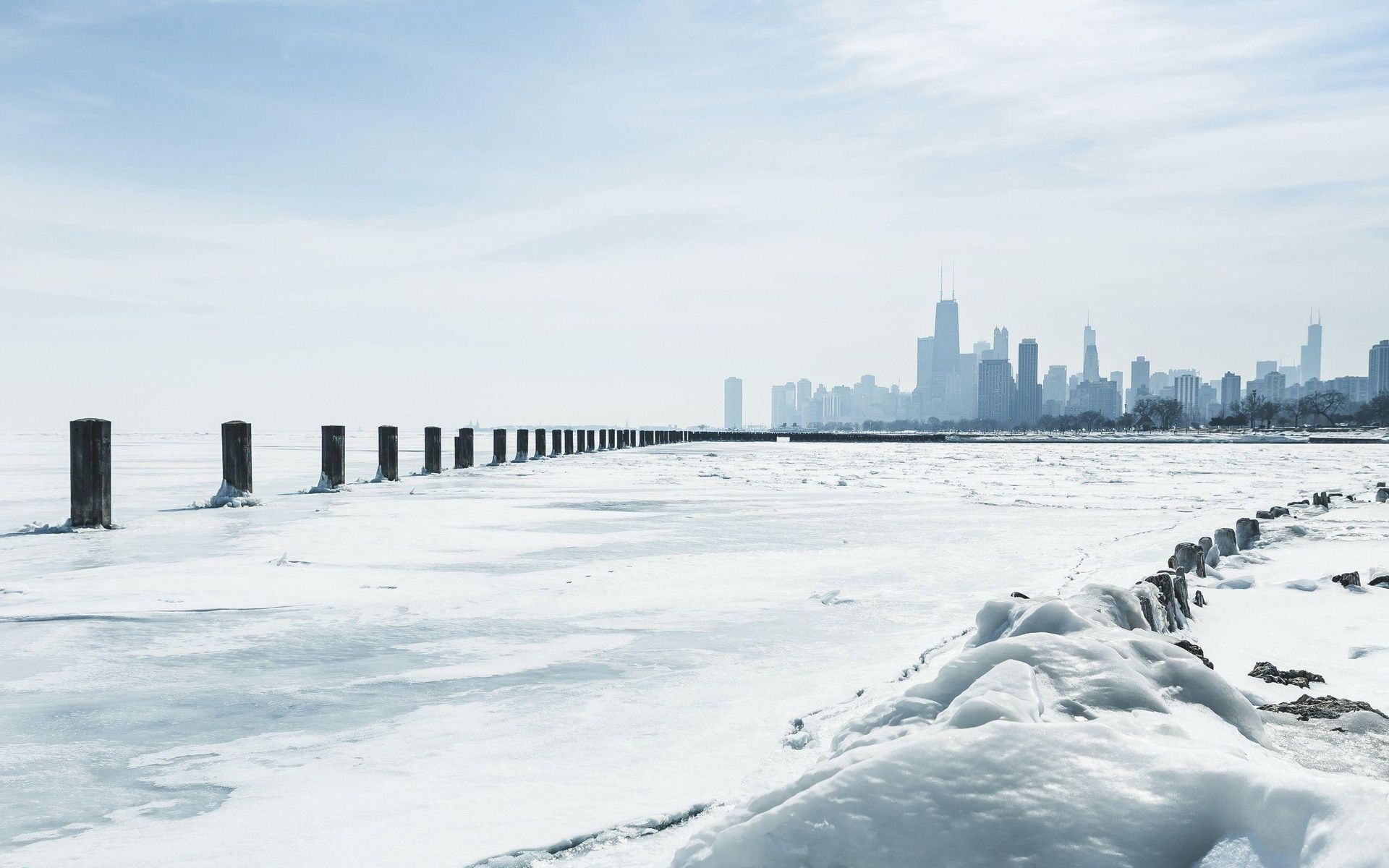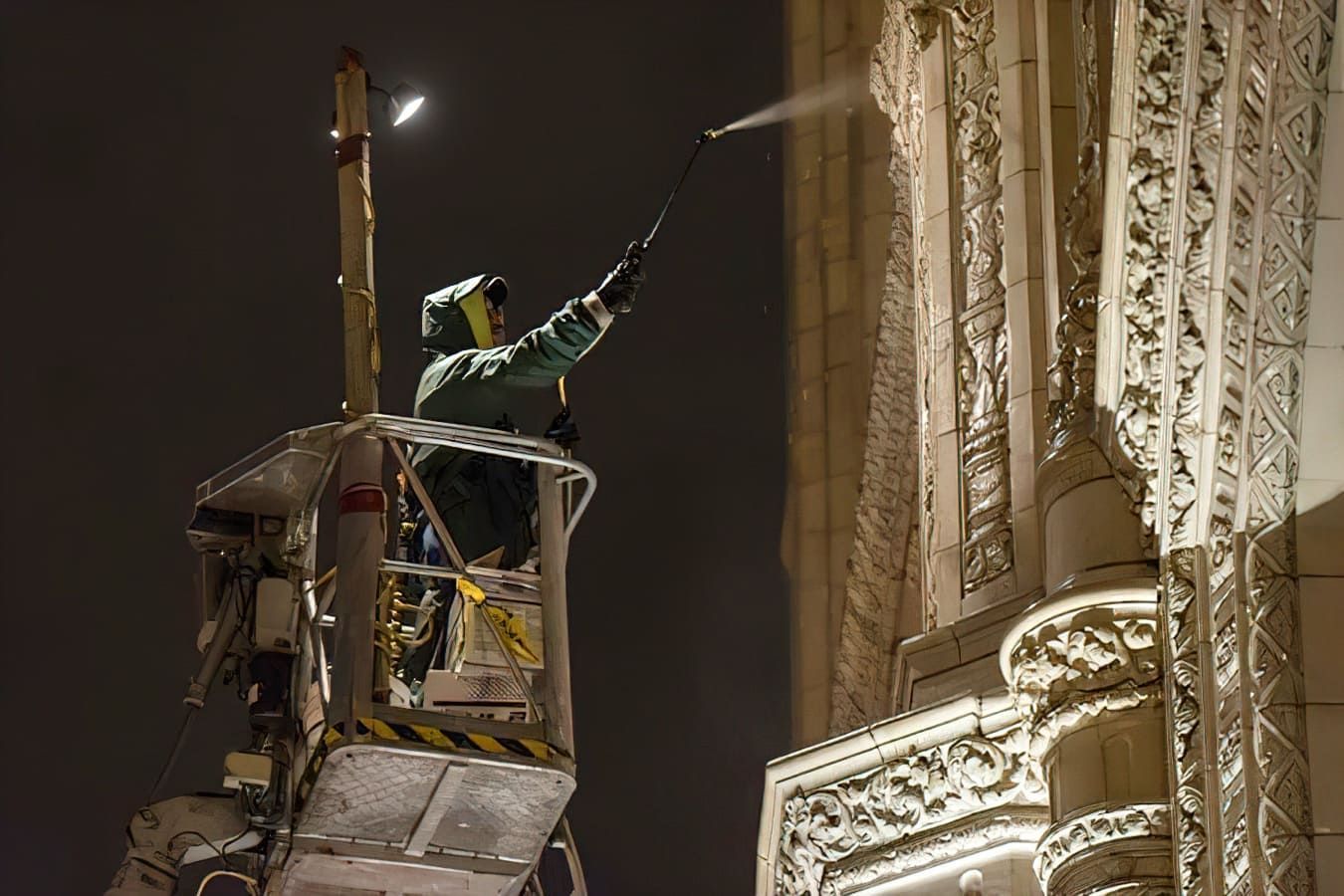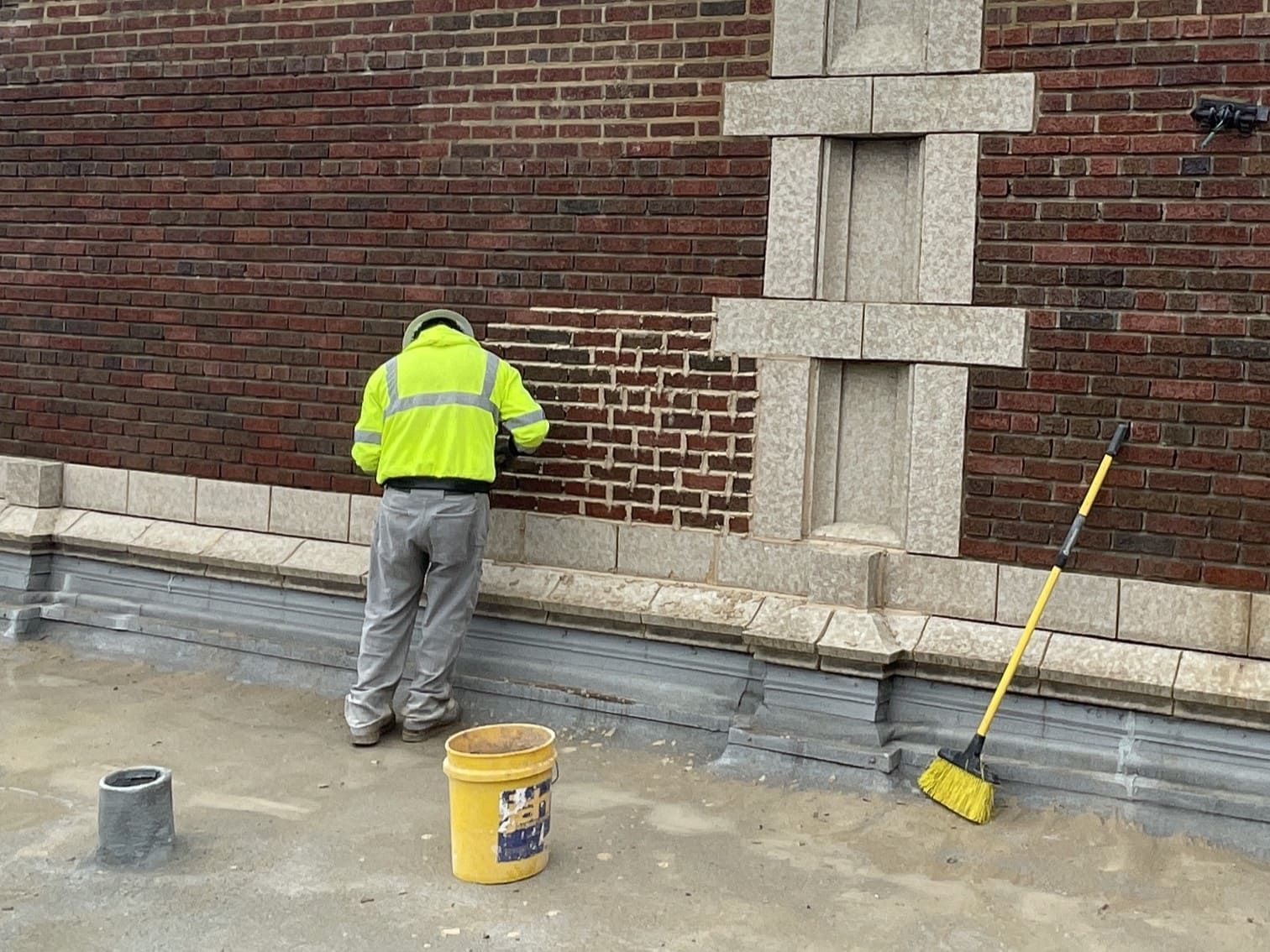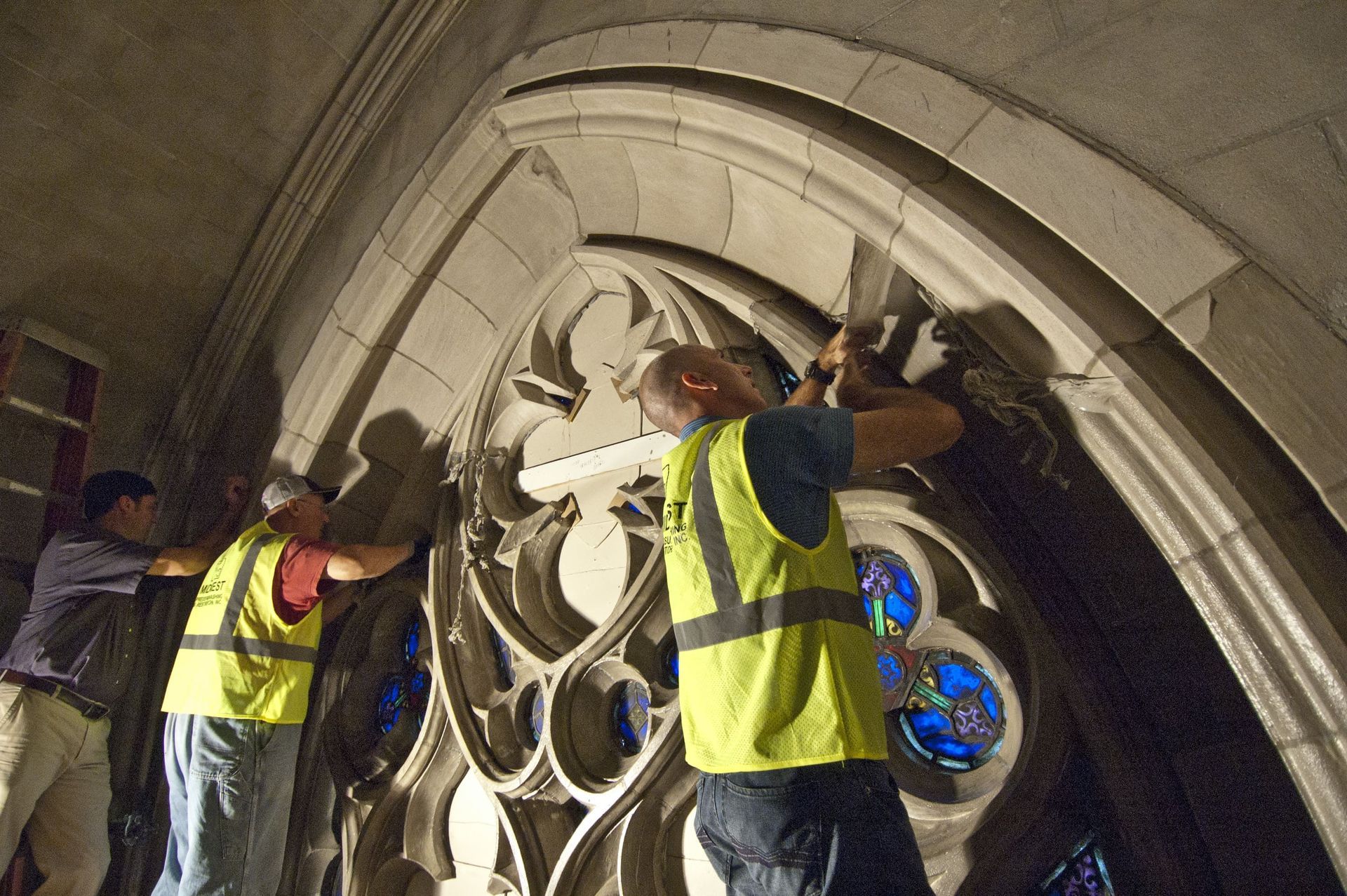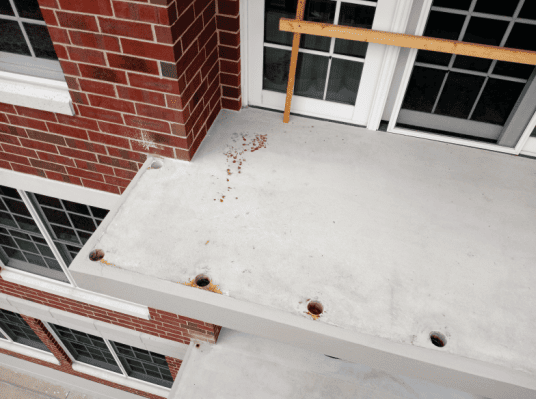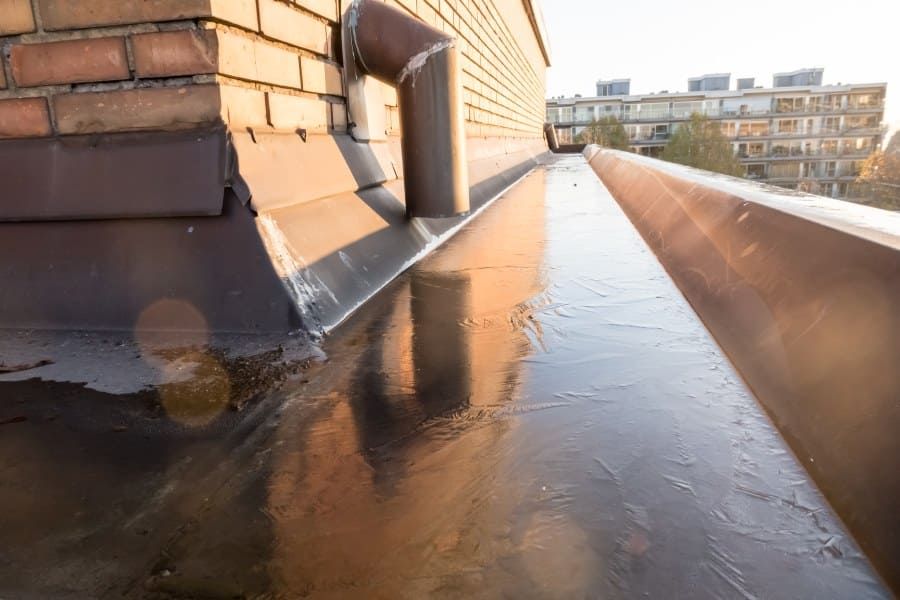The distinctive climate and architecture of Chicago present specialized challenges in maintaining the integrity of building envelopes. With a rich history spanning three decades in the Chicago area, RestoreWorks Masonry Restoration has accumulated a deep well of expertise in preserving these critical elements of a building's structure.
We will delve into the prevalent building envelope issues encountered in the Chicagoland area, drawing on our extensive experience to outline maintenance essentials.
The Risks of Deferred Maintenance
Deferred maintenance of commercial building envelopes, particularly in Chicago, can lead to significant aesthetic and structural issues. Water infiltration, the most immediate risk, can damage interior finishes, prompt mold growth, and cause corrosion of building materials, which may lead to structural compromise and potential building failure.
Additionally, this neglect can reduce a building's energy efficiency, leading to inflated operational costs and environmental impact. Chicago's extreme winters, with their fluctuating temperatures and strong winds, worsen these effects through a damaging freeze-thaw cycle that exacerbates water infiltration and masonry deterioration.
The city's high summer humidity further heightens the risk by speeding up mold growth and material decay when moisture breaches the envelope.
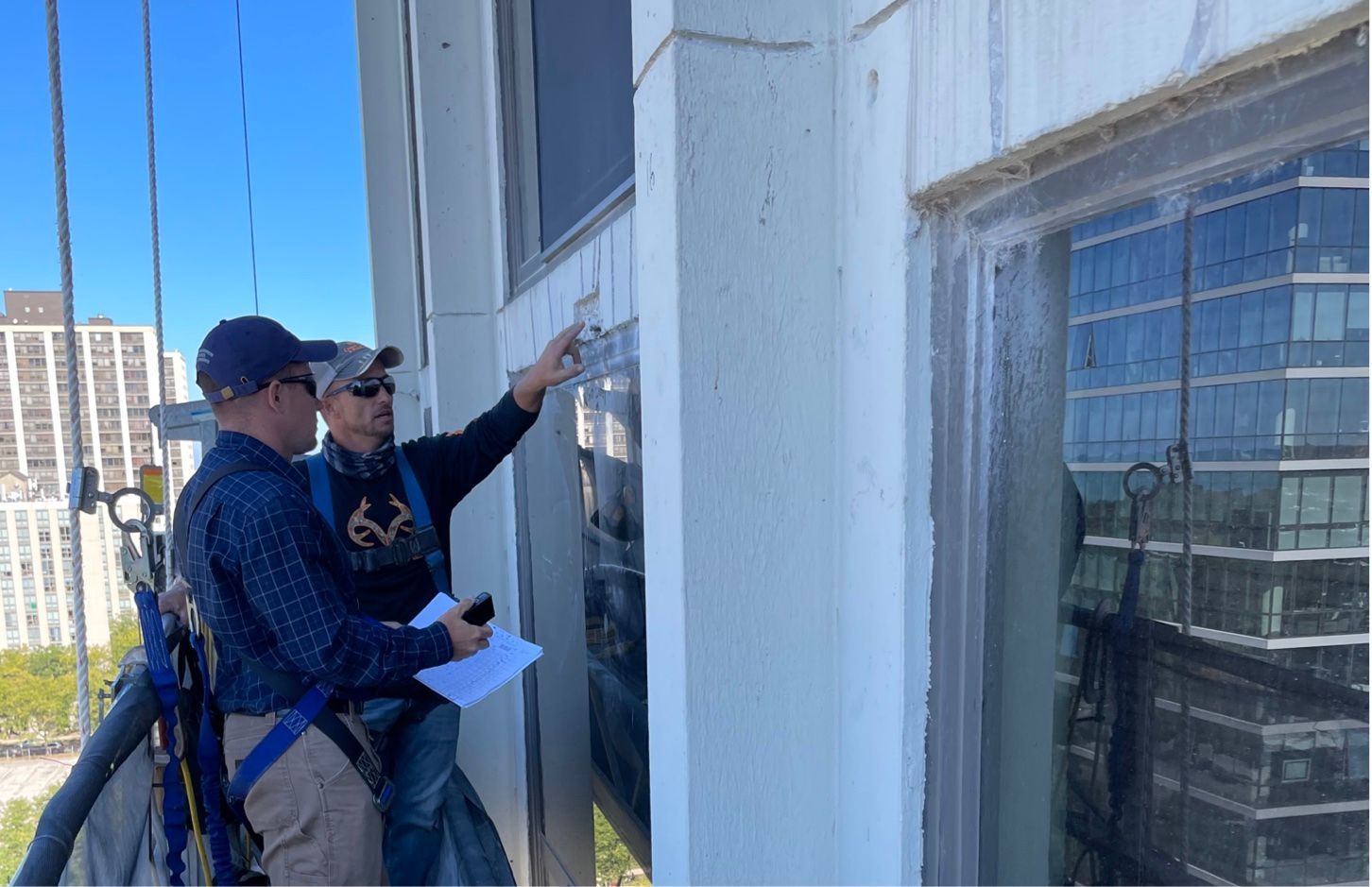
Areas Often Overlooked in Maintenance
Certain areas of a building facade are particularly prone to being overlooked during maintenance checks:
- Flashings and Sealants: These are crucial for waterproofing but are often ignored until leaks occur.
- Drainage Systems: Clogged or poorly designed drainage systems can lead to water pooling and infiltration.
- Masonry Joints: Deterioration in masonry joints can allow for water ingress, which can freeze and cause spalling in colder climates.
- Roofing Adjacent to the Facade: Improperly maintained roofing can lead to water seeping down the building envelope, causing hidden damage.
Chicago-Specific Facade Issues
Several areas of a building facade may be more susceptible to damage in Chicago’s distinct climate:
- Masonry and Brickwork: Chicago’s temperature fluctuations can cause masonry and brickwork to expand and contract, leading to cracking and spalling. Tuckpointing (the process of repairing mortar joints) is often a necessary maintenance task to prevent water ingress.
- Efflorescence: This white, powdery substance forms on masonry surfaces when water evaporates, leaving salt deposits behind. It's a common sight on Chicago buildings and, while not structurally damaging, indicates moisture penetration that needs addressing.
- Ice Dams and Snow Accumulation: Roofs and gutter systems in Chicago must be designed to handle significant snow loads and prevent ice dams, which can lead to water backing up and infiltrating the building envelope.
Inspection Frequency and Focus Areas
Given the climatic challenges presented by Chicago's environment, we recommend more frequent building envelope inspections—ideally annually before the winter season. This proactive approach can help identify potential issues before they are exacerbated by winter weather. Focus areas for Chicago buildings should particularly include:
- Overall Structural Integrity: Checking for signs of distress or failure in the building structure.
- Waterproofing Elements: Ensuring that all sealants, flashings, and coatings are intact and performing their intended function.
- Masonry and Facade Materials: Inspecting for cracks, erosion, or any signs of wear and tear that could compromise the building envelope.
- Windows and Doors: Examining for proper sealing and operation to prevent air and water infiltration.
Identifying and Addressing Issues
Identifying issues early can save significant time and resources. Look for signs of water damage, such as staining or mold growth, which can indicate a breach in the building envelope. Additionally, visible cracks or deterioration in facade materials can suggest structural issues that require immediate attention.
Once issues are identified, addressing them promptly is crucial. This can range from simple sealant replacements to more extensive repairs or replacements of damaged components. It is important to use materials that are compatible with the existing building envelope and to follow best practices for installation to ensure the longevity of the repair.
When to Seek Professional Help
While regular inspections and minor maintenance can often be managed in-house, identifying and remedying complex issues typically requires professional expertise. Tackling the unique challenges of maintaining a commercial building's envelope in Chicago can be daunting. RestoreWorks Masonry Restoration is here to assist. Our extensive experience in the Chicago area equips us to provide targeted solutions that address the specific needs of buildings in this challenging climate. Contact us for more information or to schedule an inspection.

